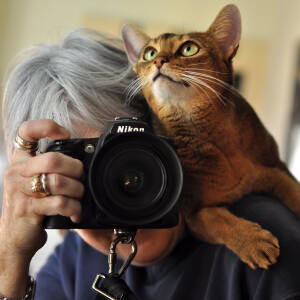"...from there to Revere"
Life's just a merry-go-round. Come on up. You might get a brass ring.
~ Mae West
The Nora Diary, Day 13
Pleasant. Another hot
day head of us.
Factory closed at noon.
May & I had our dinner
and went to Watertown
from there to Revere, stay-
ed until nearly eight
then left for home. had
a nice time. Met L.J. C.
from Chelsea. Took some
snaps. Got home at 10:30.
Had ice cream, cold
drinks, two rides on the merry-go-round.
It amazes me, the fun Nora had. It's true, she did work for a very progressive company and had stenography training. I imagine she also made good wages. The Waltham Watch Company paid very well, providing many perks and excellent working conditions for the time. A well lit factory with sanitary conditions, huge windows and fresh air from the Charles River surrounded them. They offered good, safe lodging, and recreation facilities brimming with food and fun. The company's Riverside Club boasted a fine cafeteria, bowling alley and swimming pool. Nora had scads of friends from home and the office. Not many dull moments seemed the rule of thumb if one is to believe these pages. A suitor from home and the cities of Cambridge, Newton and Boston that surrounded Waltham Massachusetts were just a walk or street car line away.
But...she hated being alone.
Nora went back 'up country' to Maine on her vacations. Friends, her relatives and my grandfather's seemed to be very mobile, moving between Maine and Massachusetts so often. The steamer and train travel had to be long and arduous, but they happily packed their trunks and shoved off.
The Nora I knew lived a much slower pace. She spend endless hours looking out windows here at birds and flowers. She loved her books, her people and telling stories. Sort of like me I guess.
On June 4, 1919, Congress, by joint resolution, approved the woman's suffrage amendment and sent it to the states for ratification. The House of Representatives had voted 304-89 and the Senate 56-25 in favor of the amendment.
Disagreement on whether the best strategy was to pursue enfranchisement through a federal amendment or by individual state campaigns had divided the women's suffrage movement in 1869. Elizabeth Cady Stanton and Susan B. Anthony worked for a federal amendment under the banner of the National Woman Suffrage Association, while Lucy Stone led the American Woman Suffrage Association's state-by-state battle for the vote.
The Library of Congress
American Memory
Abyssinian Assistant
For the Record,
This day came in cold and cloudy. Breaking sun finally prevailed, but 'blowing a gale' as Nora would say. Very cold night ahead, tough one on the new buds.

Comments
Sign in or get an account to comment.


